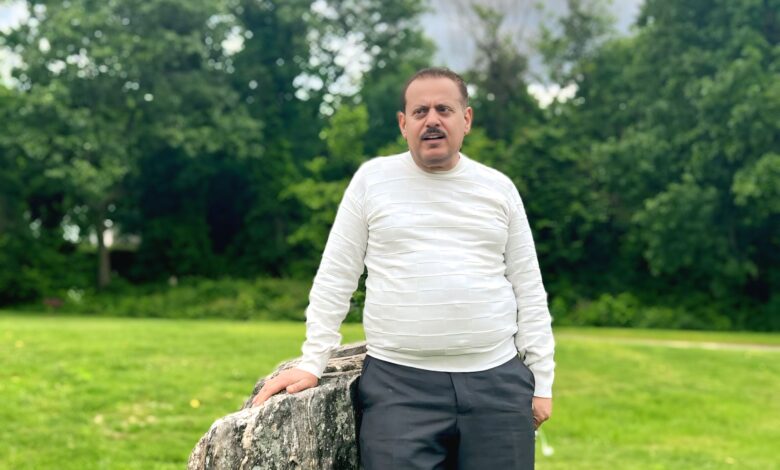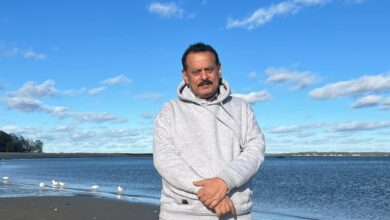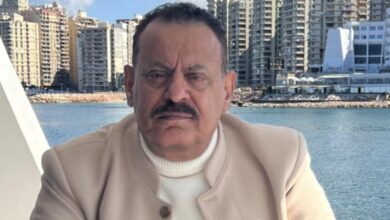My Selection for the Paratrooper Course

Yemeni mp
Ahmed Saif Hashed
The Ministry of Defense in Aden requested each military brigade to send an officer, while some brigades were asked to send two officers to the Fifth Brigade (Paratroopers) for a four-month “Paratrooper” course. In the Unity Brigade, my colleague, Sanad Al-Rahwa, and I were chosen. For me, the paratrooper course represented rigorous and demanding training, a chance to acquire new and specialized military knowledge, and I held it in my heart with a sense of grandeur, awe, and high esteem.
Both Sand and I were overwhelmed with joy at this selection, carrying a deep appreciation, respect, and noble feelings towards each other. But why exactly were Sand and I chosen? What were the criteria applied, or the basis on which we were selected? Honestly, I didn’t know! In fact, such questions didn’t even cross my mind back then; I hadn’t contemplated them at all! Neither of us harbored any regional suspicion regarding this choice.
However, the events of January later revealed the horrifying and grim reality, prompting me to wonder: Did regionalism play a role in this selection? After all, I was from the North, while my colleague Sand was from the South! Had regional division permeated even these minor details? I couldn’t say for certain, and perhaps I could attribute what happened to coincidence! But why was the brigade commander from the South while the brigade’s staff were from the North? Was this also a coincidence, or was it part of a deeper regional calculus being established from the highest levels downward?
Regardless of the circumstances, what I truly want to emphasize is that substituting regional and local criteria for objective standards, or replacing citizenship with them, is a perilous policy that, when accumulated over time, leads not only to the destruction of the present but also threatens the future. This occurs through the fracturing of society, tearing apart its fabric, and destroying its unity.
Moreover, if we compare what is happening today with what transpired back then, we can see that the present has become even more bleak, laying the groundwork for a terrifying destruction of the future as well. The inputs and outputs of this wretched war, which we have endured for seven years, and even prior to that, have significantly contributed to the tragedy of this nation, leading us to say: “There was once Yemen” or “We had a homeland.”
* * *






